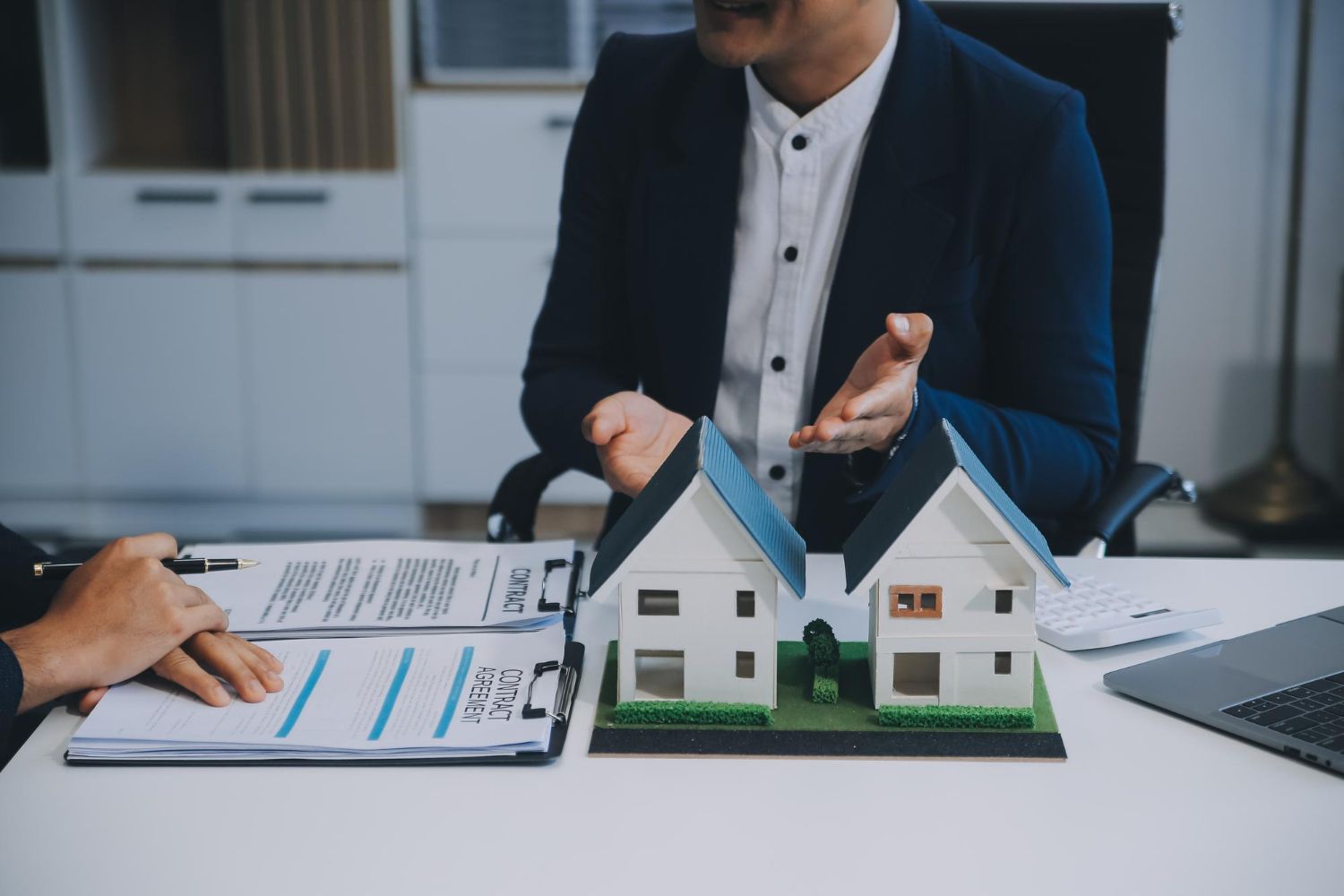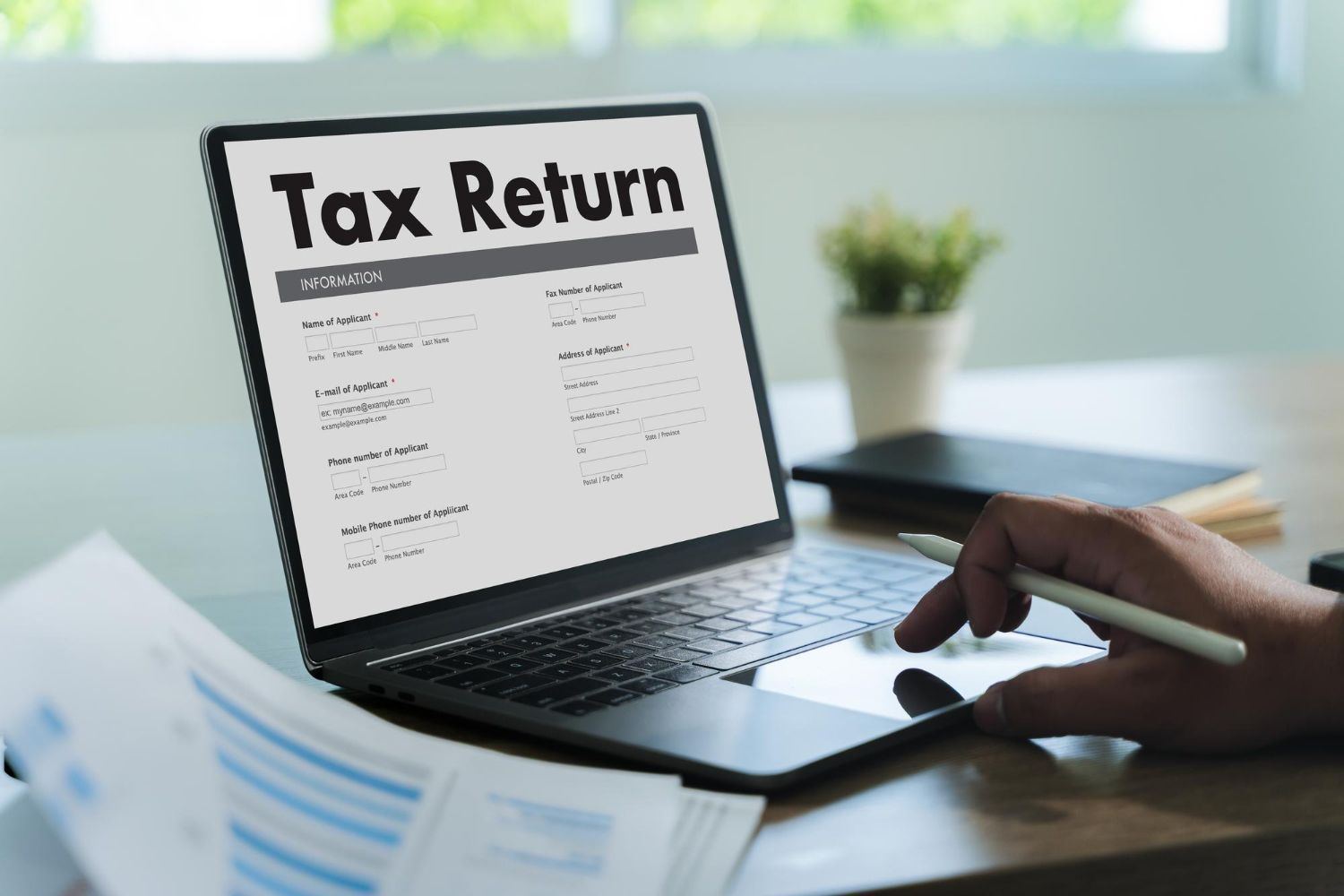Introduction
Being prepared for an audit is essential for any business to ensure compliance with regulations and maintain financial integrity. Audit preparedness involves keeping accurate and organized financial records, understanding the audit process, and having systems in place to respond to audit preparedness promptly. This guide provides tips on how businesses can stay audit-ready at all times.
1. Maintain Accurate Financial Records
Keeping accurate financial records is the foundation of audit preparedness. Ensure that all transactions are properly recorded, and supporting documentation, such as receipts and invoices, is organized and easily accessible. Consider using accounting software to streamline record-keeping processes and maintain a clear audit trail.
2. Understand the Audit preparedness Process
Understanding the audit process can help alleviate anxiety and ensure a smoother audit experience. Familiarize yourself with the types of audits your business may face, such as internal audits, external audits, or tax audits, and know what to expect during each type of audit. Consider conducting mock audits to identify areas for improvement.
3. Implement Internal Controls
Implementing internal controls can help prevent errors and fraud and demonstrate your commitment to financial integrity. Establish policies and procedures for handling financial transactions, managing cash flow, and approving expenses. Regularly review and update internal controls to address any weaknesses or new risks.
Read More: Common Accounting Mistakes to Avoid for Small Businesses
4. Organize Financial Documentation
Organizing financial documentation is crucial for responding to audit preparedness promptly. Maintain a central repository for all financial documents, such as bank statements, invoices, and tax returns, and ensure that documents are labeled and stored securely. Consider digitizing documents for easier access and storage.
5. Conduct Regular Reviews and Audit preparedness
Regularly reviewing your financial records and conducting internal audits can help identify and address potential issues before an external audit preparedness occurs. Review financial statements, reconciliations, and internal reports regularly to ensure accuracy and compliance with regulations.
6. Train Staff on Audit Preparedness
Training staff on audit preparedness can help ensure that everyone understands their role in the audit process. Educate staff on the importance of accurate record-keeping, internal controls, and compliance with policies and procedures. Consider providing specific training on how to respond to audit requests and inquiries.
7. Develop a Response Plan
Developing a response plan for audits can help your business respond quickly and effectively to audit requests. Assign roles and responsibilities for managing the audit process, designate a point of contact for auditors, and establish procedures for gathering and providing requested documentation.
Conclusion
Staying audit-ready at all times requires a proactive approach to financial management and compliance. By maintaining accurate financial records, understanding the audit process, implementing internal controls, organizing financial documentation, conducting regular reviews and audits, training staff on audit preparedness
, and developing a response plan, businesses can ensure they are prepared for audits and demonstrate their commitment to financial integrity and compliance.
FAQs













